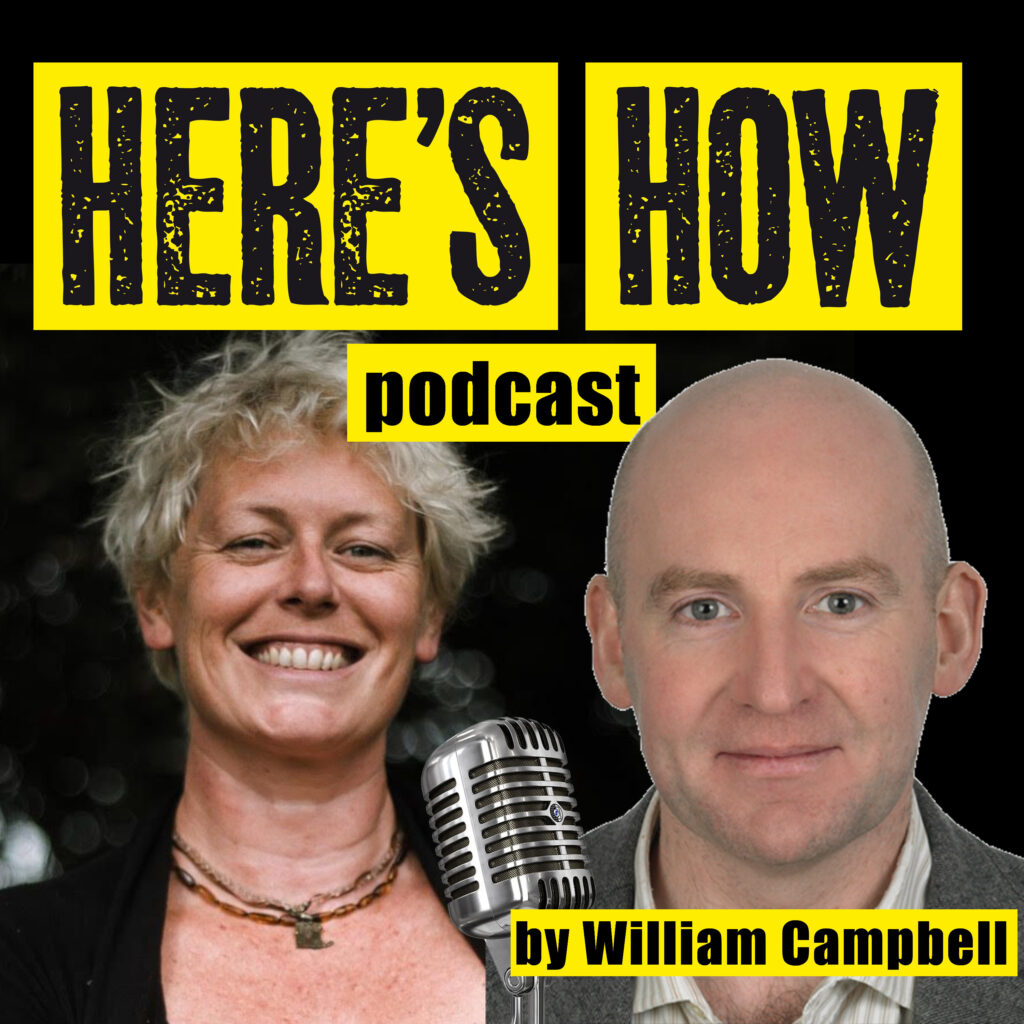Podcast: Play in new window
Subscribe: Apple Podcasts | RSS | More
Ellie O’Byrne is co-editor of Tripe and Drisheen, a Cork-based local news substack, and we discussed a recent article of hers.
*****
In talking to Ellie, I mentioned a tweet from Cllr Fiona Ryan of People Before Profit, who claimed that there are 25,000 ‘Airbnb vacancies’ in Ireland. I used the website InsideAirbnb.com to show that these are mostly rooms in occupied houses or regular Bed & Breakfasts, or houses that are normally occupied by residents, and let on Airbnb when they are away.
Of those that remain – about 8,000 throughout the country, of which about 400 are in Dublin – they are concentrated in tourist areas and a number of them are purpose-built tourist accommodation, not suitable for residential use.
It is clear that the number of units being used for Airbnb that have the capacity of being returned to the rental market is a tiny fraction of the number of vacant properties – 180,000 throughout the country, of which 50,000 are in Dublin (2016 Census), yet the Airbnb issue attracts a disproportionate amount of comment and political energy.
I referred to the Edward Bernays, a founder of the US PR industry, who persuaded 1920s feminists to smoke in public, labelling cigarettes as ‘Torches of Freedom‘, while he was in the pay of the tobacco industry.
I also noted BP’s highly successful campaign to frame climate change as the responsibility of ‘each individual‘ by promoting the concept of ‘carbon footprint‘, thus avoiding corporate responsibility.
BP also duped a number of stars including Sandra Bullock, Blake Lively, Lenny Kravitz, Harry Shearer, John Goodman, and the Democratic political consultant James Carville, into supporting a campaign to have the US taxpayer, rather than their corporate funds, pay for the cleanup after the Deepwater Horizon oil spill. In each of these cases, BP was successful at exploiting an apparently environmentalist message to suit their corporate interests.
I discussed with Ellie the twitter account BanShortTermLet and how it seemed to promote housing justice, but was in fact disrupting any rational discussion of housing needs, and analysis with various Twitter tools seemed to show that it was a highly-organised professional operation which aimed to replace all rational discussion of housing policy with simplistic and irrelevant raging against Airbnb.








